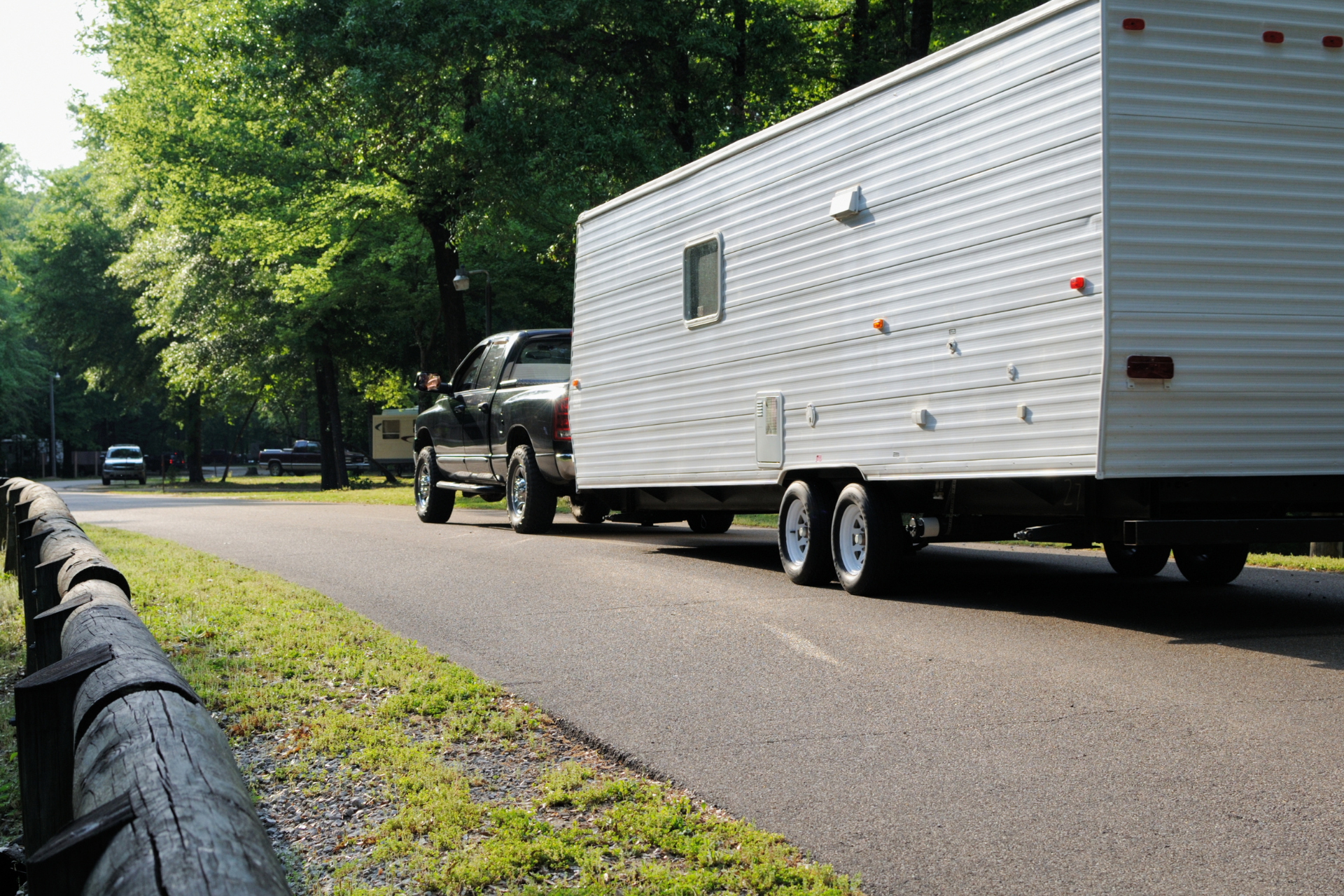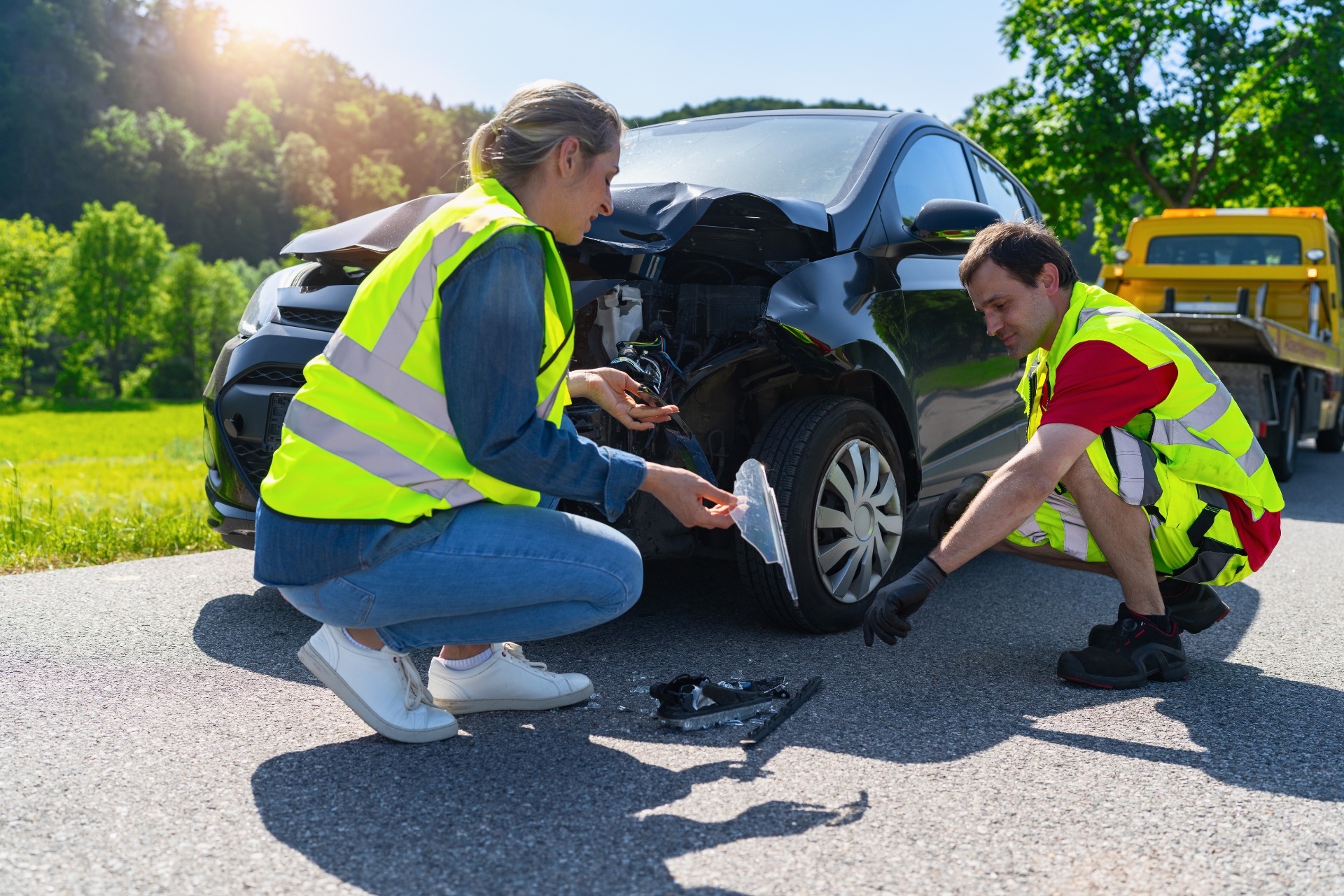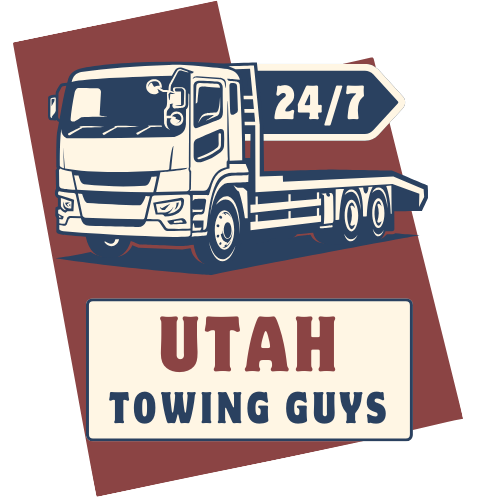How to Properly Tow a Trailer: Safety Tips and Best Practices

Are you gearing up for a road trip with your trailer in tow? Whether you're hauling a boat, camper, or utility trailer, it's crucial to make sure you're following the proper safety guidelines to ensure a smooth and incident-free journey. As the go-to towing experts in Utah, we at Utah Towing Guys are here to share essential tips and best practices for properly towing a trailer.
1. Know Your Vehicle's Towing Capacity
Before hitching a trailer to your vehicle, it's essential to understand your vehicle's towing capacity. Exceeding the recommended towing limit can put a strain on your vehicle's engine and transmission, leading to potential safety hazards. Check your owner's manual or consult with a professional to determine the maximum weight your vehicle can safely tow.
2. Use the Right Hitch and Coupling Mechanism
Investing in the right hitch and coupling mechanism is key to ensuring a secure connection between your vehicle and the trailer. Make sure the hitch is compatible with your vehicle and trailer, and always double-check that it's properly installed and locked in place before hitting the road.
3. Secure Your Cargo
Properly securing your cargo inside the trailer is crucial for maintaining stability while towing. Distribute the weight evenly throughout the trailer, with heavier items positioned towards the front and lower to the ground. Use tie-down straps and bungee cords to secure loose items and prevent shifting during transit.
4. Perform Pre-Trip Inspections
Before embarking on your journey, take the time to conduct a thorough pre-trip inspection of both your vehicle and trailer. Check tire pressure, lights, brakes, and all safety equipment to ensure everything is in good working condition. Regular maintenance and inspection are key to preventing breakdowns and accidents on the road.
5. Practice Safe Driving Habits
Towing a trailer requires a different approach to driving compared to regular vehicle operation. Be mindful of your speed, braking distance, and turning radius when towing a trailer, as these factors can all impact vehicle stability. Allow for extra stopping distance and take wider turns to accommodate the additional length of the trailer.
6. Monitor Trailer Sway
Trailer sway can occur when external factors such as wind or passing vehicles cause the trailer to sway back and forth. To minimize the risk of trailer sway, avoid sudden lane changes or abrupt steering maneuvers. Consider investing in sway control devices or weight distribution hitches to enhance stability while towing.
7. Plan Your Route
When towing a trailer, it's essential to plan your route in advance and consider factors such as road conditions, terrain, and potential obstacles. Avoid steep inclines, sharp turns, and narrow roads that may be challenging to navigate with a trailer in tow. Stay informed about weather conditions and road closures to prevent unexpected detours.
8. Be Prepared for Emergencies
Despite taking all necessary precautions, emergencies can still happen while towing a trailer. Be prepared by carrying essential roadside emergency supplies, including a jack, lug wrench, spare tire, flashlight, first aid kit, and emergency flares. Consider enrolling in a roadside assistance program for added peace of mind in case of unexpected breakdowns or accidents.
At Utah Towing Guys, we're committed to promoting safe towing practices and providing reliable roadside assistance services to our customers across Utah. Whether you find yourself in need of a jump-start, tire repair, gas delivery, or lockout assistance, our team of experienced professionals is here to help.
Remember, safe towing starts with proper preparation and adherence to best practices. By following these safety tips and guidelines, you can enjoy a stress-free towing experience and reach your destination safely. Happy towing!




